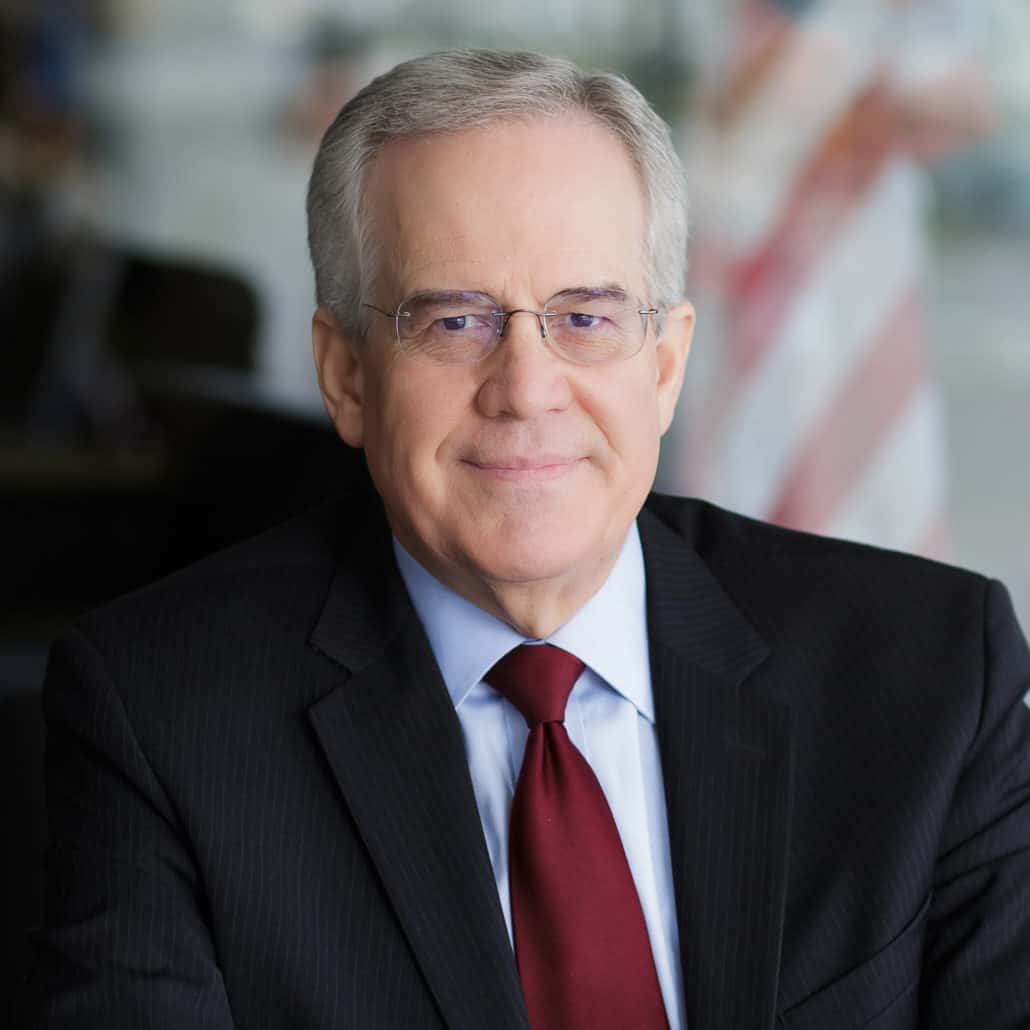
Written by Stan Rasmussen
February 7, 2018
Forty years ago today, on February 7, 1978, Neal Maxwell presented a luminous message to members of the Rotary Club International. A former professor of political science and later executive vice president at the University of Utah, and at the time a member of the presidency of the Seventy of The Church of Jesus Christ of Latter-day Saints, Elder Maxwell’s remarks are stunningly relevant today.
It is hoped that these few highlights will prompt you to take time in a quiet setting to read and reflect on the full transcript of “The Prohibitive Costs of a Value-free Society.”
Introducing his subject, Elder Maxwell said,
I come to you today as one who accepts with most, if not all, of you the existence of certain absolute truths in the universe from which there has been a severe slipping away on the part of many. The slippage has occurred, I fear, without awareness on the part of many as to what happens when we move to a spiritually standardless society. Beliefs or the lack of them do affect behavior.
Subsequently, he observed,
There is an ecology that pertains to human nature just as there is an interrelatedness pertaining to nature. This spiritual ecology embodies certain laws which, if violated, will produce certain consequences. These laws, though less acknowledged, are as irrevocable and active as the laws of nature. They do not cease to operate simply because we do not recognize them, any more than one is protected from the consequences of eating a poisonous toadstool just because he believes it to be a mushroom.
He also noted that,
The high costs, indeed the prohibitive costs, of living in a standardless society are…incurred in so many secondary ways. For instance, a society which is uncertain of its basic values will engage in endless and expensive experimentation of both a governmental and a personal variety.
Included in his message was this prescient insight:
It is no accident that the lessening, or loss, of belief in certain absolute truths, such as the existence of God and the reality of immortality, has occurred at the same time there has been a sharp gain in the size and power of governments in many portions of the world.
Once we remove belief in God from the center of our lives, as the Source of truth and as a Determiner of justice, a tremendous vacuum is created into which selfishness surges, a condition which governments delight in managing. Trends become a theology. A religion of regulations emerges in which tens of thousands of regulations seek to replace the Ten Commandments.
And this:
Our whole republic rests upon the notion of “obedience to the unenforceable” upon a tremendous emphasis on inner controls through self-discipline. The historians Will and Ariel Durant observed that “if liberty destroys order, the hunger for order will destroy liberty.” But keeping liberty and order in tension balance requires tremendous self-discipline in the citizenry of a nation.
Can we really afford the ultimate costs of governments which, in lieu of self-discipline, impose more and more outer controls?
Referencing a respected Catholic author, Maxwell then expressed this sobering view,
Can we really afford a society in which the family, our most basic institution, is further diminished? Most of us revolt at the idea of having children raised by the state, but step by small step we are moving in that direction. If our society’s success depends on having a critical mass of citizens with a sense of fair play and justice, and with love and concern for others, where do citizens usually acquire those crucial virtues, if we acquire them at all? We usually acquire them first and best in the family. The family garden, as has been said, is still the best place to grow happy humans. Society already pays terrible costs for the products of tragically flawed families, but if our nation further undermines the average family, the costs will be catastrophic.
What we do with the family is going to determine what happens to our whole society. The wise Catholic writer, G.K. Chesterton, observed years ago that only men to whom the family is sacred will ever have a standard by which to criticize the State, because “they alone can appeal to something more holy than the gods of the city.”
(Everlasting Man, Image Books, 1955, p. 143)
“Absolute truths”; “obedience to the unenforceable”; “inner controls through self-discipline” – cornerstones of functional culture, learned best in the home.
Take time to read the full transcript of Neal A. Maxwell’s classic “The Prohibitive Costs of a Value-Free Society.”
More Insights
Read More
What you need to know about the upcoming state party conventions
The two major political parties are about to hold their state conventions. Here’s what you need to know.
Here’s why the First Amendment’s religion clauses are not in conflict
Some suggest there is a tension between protection for the free exercise of religion and the prohibition on the establishment of religion. But a better take is to see the two clauses as congruent.
Is California’s minimum wage hike a mistake?
Is raising the minimum wage a good tool to help low-income workers achieve upward mobility? That’s the key question at the heart of the debate over California’s new $20 an hour minimum wage law for fast food workers.


